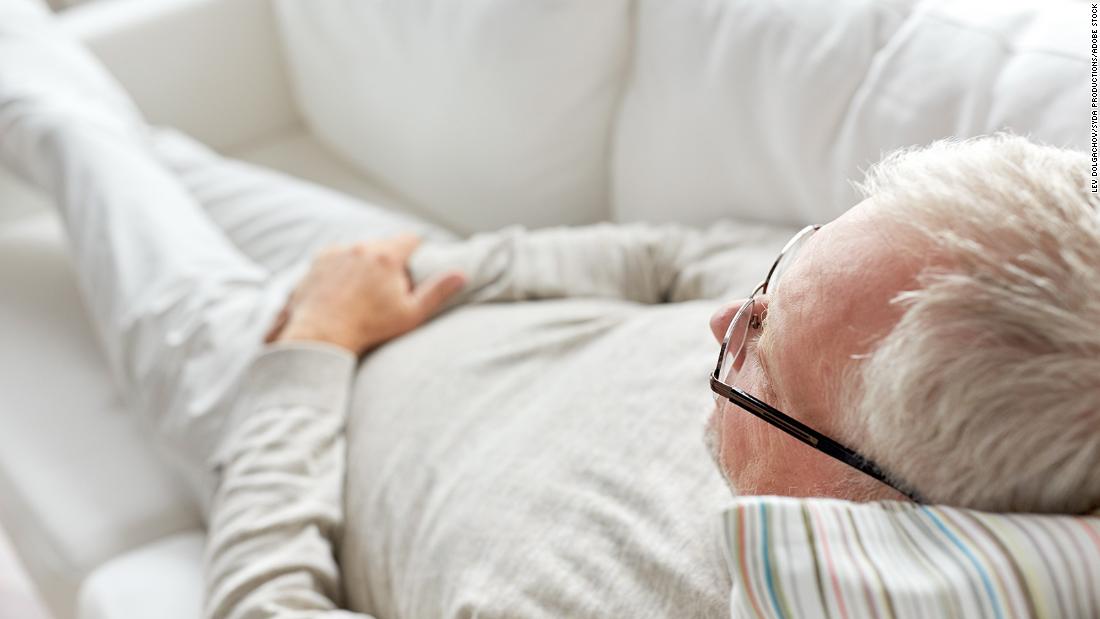
Mar 17, 2022
1 min, 0 secs
But daytime napping can also be a signal of brain changes that are "independent of nighttime sleep," Leng said.
People who were diagnosed with Alzheimer's nearly tripled their nap time, to an average of 68 minutes a day.
The "drastic increase" in napping length and frequency over the years seems to be a particularly important signal, Leng said."I don't think we have enough evidence to draw conclusions about a causal relationship, that it's the napping itself that caused cognitive aging, but excessive daytime napping might be a signal of accelerated aging or cognitive aging process," she said.What to do?Preferably, adults should limit any daytime naps to 15 to 20 minutes before 3 p.m.to achieve the most restorative benefits from napping and keep from harming nighttime sleep, Leng said.
In addition, older adults and caregivers of people with Alzheimer's disease should pay increased attention to daytime napping behaviors, and be alert to signs of excessive or increased numbers of naps, she said.Any significant increase in napping behavior should be discussed with a doctor, Isaacson said."I think it's never too late for someone to be able to make a brain-healthy lifestyle change or pay more attention to their brain health," Isaacson said.